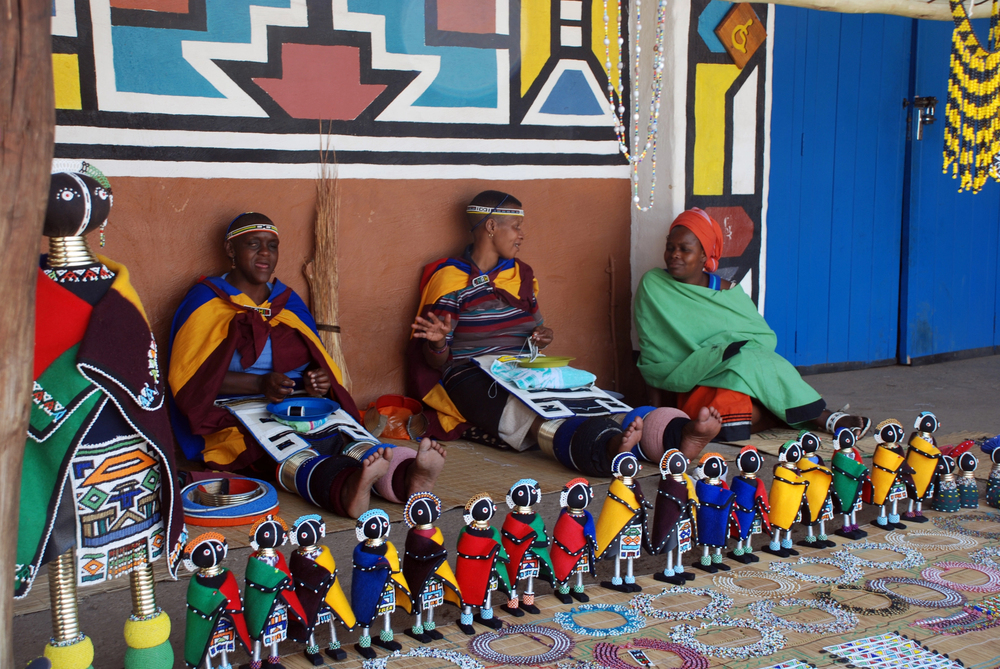In a field dominated by the Western biomedical approach to mental illness, researchers are increasingly calling for a paradigm shift that authentically reflects lived cultural experiences.
A new article published in Psychology in Society advocates for this shift in the sociocultural landscape of mental healthcare in South Africa, calling for an integrative framework incorporating Western and African-centered perspectives.
The authors, led by Daniel Lesiba Letsoalo of the University of South Africa and colleagues, ask, “Is it possible to merge African and Western perspectives to effectively address serious mental illness?”
They explore the differing conceptualizations of mental illness and treatment methods prevalent in both contexts while considering the potential for a more inclusive, holistic approach. In doing so, the authors argue for culturally relevant frameworks that align with the diverse lived experiences of African communities.
They write,
“In this article, we aim to position mental illness within the African cultural context, acknowledging the existence of spiritual or supernatural dimensions that extend beyond the biomedical model. Our argument advocates for an integrative approach in South Africa, especially considering the indigenous population’s reliance on traditional healers. We propose that psychology as a discipline should not entirely shift away from current methodologies, but rather embrace an inclusive model that incorporates African-centred perspectives. The critical question we explore is: Are there possibilities of merging African and Western perspectives to effectively address serious mental illness? By integrating these diverse perspectives, we aspire to establish a holistic and culturally relevant framework for mental healthcare that resonates with the lived experiences and worldviews of African communities.”















